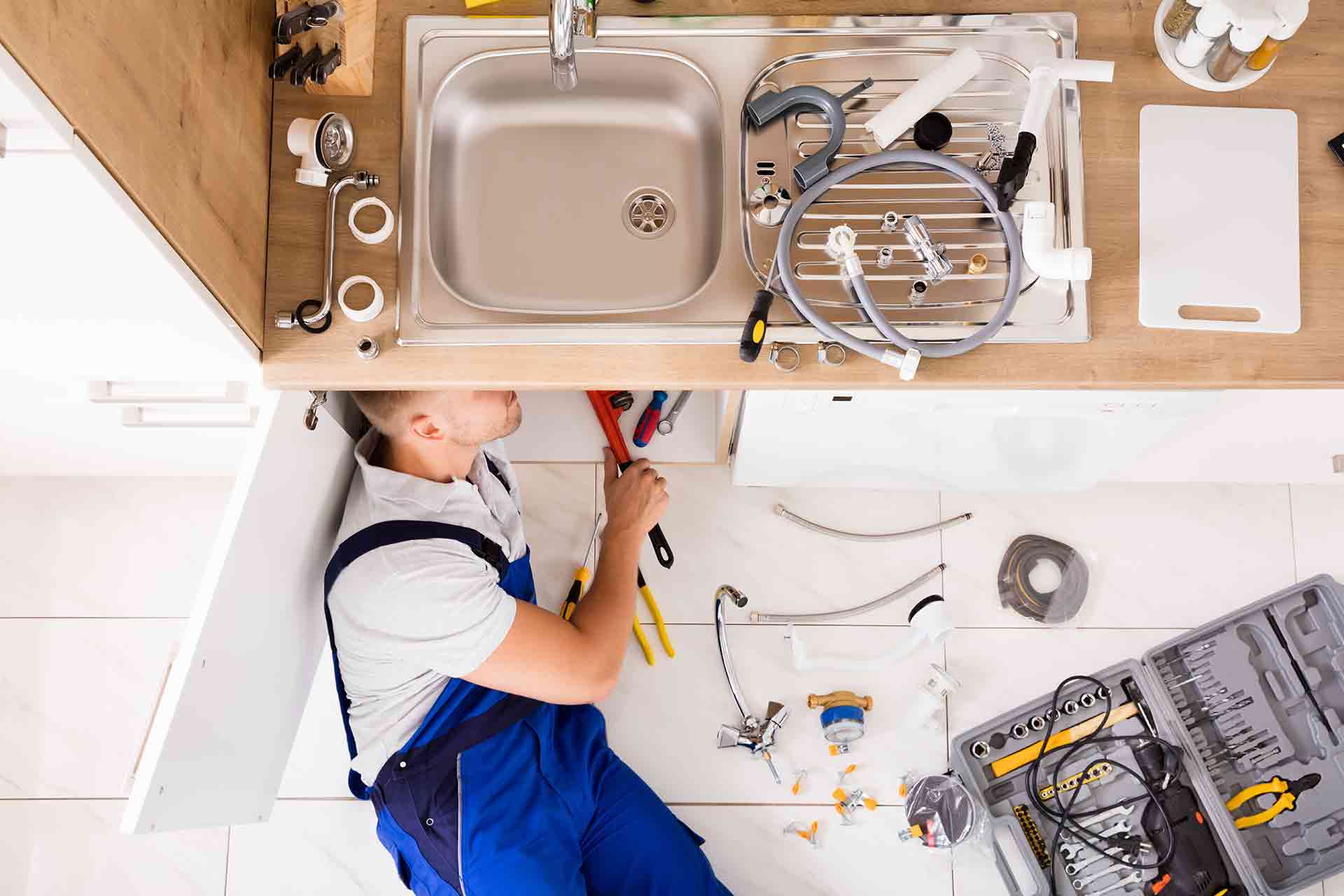
When something goes wrong with your plumbing, whether it’s a dripping tap, a blocked drain, or something far more serious, knowing what to expect from a standard plumbing callout can save you time, stress, and potentially, a lot of money. But what exactly does “standard” mean in the world of plumbing? Let’s dive in and explore what you can typically expect when you call a plumber for assistance.
First and foremost, it’s essential to understand that the scope of plumbing services for your home can vary depending on the company, the specific issue, and the time required to diagnose and fix the problem. However, there are some common services that most plumbers will include in their initial visit. This often begins with a thorough inspection to identify the root cause of the issue. For example, if you’re experiencing low water pressure, a plumber will check your pipes, fixtures, and water heater to pinpoint the source of the problem.
Diagnostic Services
The initial stage of any plumbing callout is the diagnostic phase. This involves the plumber assessing the problem, which might include:
- Visual Inspection: A walk-through of the affected area to look for obvious signs of leaks, damage, or blockages.
- Pressure Testing: Checking water pressure to identify potential issues with supply lines.
- Drain Inspection: Using cameras or other tools to inspect drains for blockages or damage.
Once the plumber has identified the problem, they should provide you with a clear explanation of what’s causing it and the potential solutions. They should also give you an estimate of the cost involved before proceeding with any work. Are you experiencing a mysterious damp patch on your ceiling? A good plumber will trace it back to the source, whether it’s a leaky pipe or a roof issue.
Basic Repairs
Many standard callouts include basic repairs that can be completed relatively quickly. These might involve:
- Tap and Faucet Repairs: Replacing washers, O-rings, or cartridges to stop leaks.
- Toilet Repairs: Fixing running toilets, replacing fill valves, or unclogging minor blockages.
- Drain Unblocking: Using plungers or drain snakes to clear simple blockages in sinks, showers, or toilets.
- Pipe Repairs: Patching or replacing small sections of damaged pipe.
However, it’s important to note that if the problem is more complex or requires specialised parts, the plumber may need to schedule a follow-up visit. For example, if your hot water system is failing, it might require a specialist to assess the unit and conduct more involved repairs.
When to Expect Additional Charges
While a standard callout covers many common plumbing issues, there are situations where you can expect additional charges. These might include:
- After-Hours or Emergency Callouts: Plumbers often charge a premium for callouts outside of regular business hours.
- Complex Repairs: If the problem requires extensive work, such as replacing a large section of pipe or repairing a major leak, you’ll likely be charged extra.
- Specialised Parts: If the repair requires unique or hard-to-find parts, these will be added to the cost.
- Gas Plumbing Services: Work involving gas lines requires specialised training and certification, which can result in higher fees. If you require qualified professionals for residential gas plumbing services, ensure they are licensed and experienced.
Always ask for a detailed quote upfront to avoid any surprises. A reputable plumber will be transparent about their pricing and willing to explain any additional charges.
Preventative Maintenance
Some plumbers also offer preventative maintenance services as part of a standard callout. This might include:
- Inspecting Pipes: Checking for signs of corrosion or damage.
- Flushing Water Heaters: Removing sediment buildup to improve efficiency.
- Testing Water Pressure: Ensuring your plumbing system is functioning optimally.
Regular maintenance can help identify potential problems before they become major headaches, saving you money in the long run. Think of it as a plumbing check-up, ensuring everything is running smoothly and efficiently.
Choosing the Right Plumber
Selecting the right plumber is crucial to ensuring you receive quality service and fair pricing. Look for reliable residential plumbers with:
- Licensing and Insurance: Verify that the plumber is properly licensed and insured to protect you from liability.
- Experience: Choose a plumber with a proven track record and positive reviews.
- Transparent Pricing: Ensure the plumber provides a clear and detailed quote before starting work.
- Good Communication: The plumber should be able to explain the problem and solution in a way you understand.
In conclusion, a standard plumbing callout typically includes diagnostic services, basic repairs, and potentially preventative maintenance. However, the scope of services can vary, so it’s essential to communicate clearly with your plumber and ask for a detailed quote upfront. By understanding what to expect, you can ensure a smooth and stress-free experience when dealing with plumbing issues.
Understanding the Importance of Emergency Plumbing Assistance
Plumbing emergencies can strike at any time, often without warning. Whether it’s a burst pipe flooding your home or a blocked sewer causing unsanitary conditions, these situations require immediate attention from a qualified plumber. Emergency plumbing services are designed to address these urgent issues promptly, minimising damage and preventing further complications. But what exactly constitutes a plumbing emergency, and what can you expect from an emergency plumbing service?
Recognising a Plumbing Emergency
Not all plumbing problems are created equal. While a dripping tap might be annoying, it doesn’t necessarily qualify as an emergency. So, how do you know when it’s time to call for emergency plumbing assistance? Here are some common scenarios that warrant immediate attention:
- Burst Pipes: A burst pipe can release a significant amount of water in a short period, causing extensive damage to your property.
- Severe Leaks: Large leaks, especially those affecting electrical systems or structural elements, require immediate repair.
- Blocked Sewers: Sewer backups can lead to unsanitary conditions and potential health hazards.
- No Hot Water in Winter: A lack of hot water during cold weather can be particularly problematic, especially for vulnerable individuals.
- Gas Leaks: Suspected gas leaks are extremely dangerous and require immediate evacuation and professional attention.
If you encounter any of these situations, it’s crucial to act quickly and contact an emergency plumber as soon as possible.


More Stories
Top 5 budget-friendly marketing tools for your tech business
Understanding Electric Solar Generator Specifications: A Guide to the Jackery Solar Generator HomePower 3000
The Benefits of Using Merino Tops for Hunters Who Need Ultimate Comfort